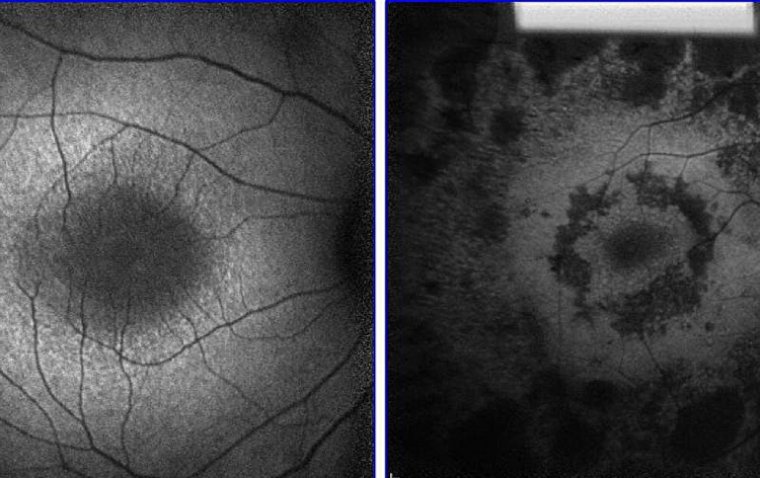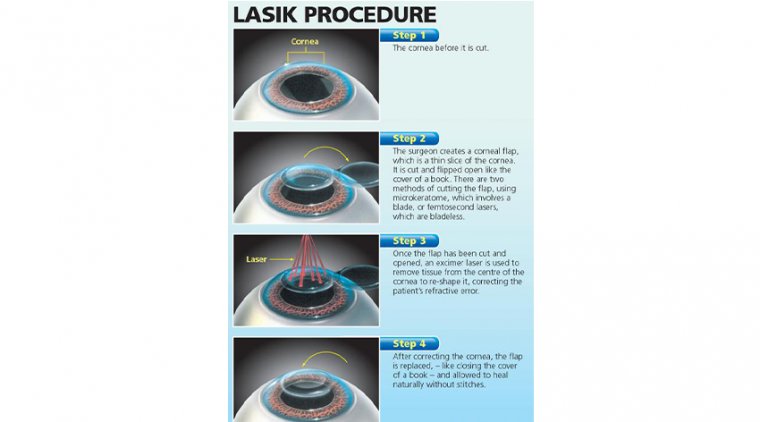
Researchers Discover New Role of Immune Cells in Eye Health
A recent study from Thomas Jefferson University has uncovered new insights into how the eye handles inflammation, particularly in autoimmune diseases like uveitis. Published in The American Journal of Pathology, the research could lead to new treatments that utilize the eye’s natural immune defenses to preserve vision.
Immune Privilege and Uveitis
The eye is classified as an "immune-privileged" organ, meaning it normally limits immune activity to protect vision. However, autoimmune uveitis, an inflammatory condition, bypasses this protection, causing potential damage. Dr. Sue Menko’s team has now shown how the eye’s immune system plays a role in resolving such inflammation.
Key Immune Cells Identified
The study revealed that two immune cell types—macrophages and regulatory T cells (Tregs)—are recruited to the lens during inflammation. These cells help control and resolve inflammation, staying on the lens surface until balance is restored. This finding challenges the notion that the eye solely relies on its immune privilege for protection.
Implications for Treatment
Understanding how macrophages and Tregs reduce inflammation in the eye opens new possibilities for treating uveitis. Enhancing these natural defenses could lead to more effective therapies, reducing reliance on long-term immunosuppressive drugs.
Ongoing Research
Dr. Menko’s team continues to investigate how these immune cells are recruited and what triggers their response, aiming to develop new strategies for managing uveitis and other inflammatory eye diseases.
This discovery highlights the importance of the eye's natural defenses and could reshape future approaches to treating vision-threatening conditions.
(1).jpg)










